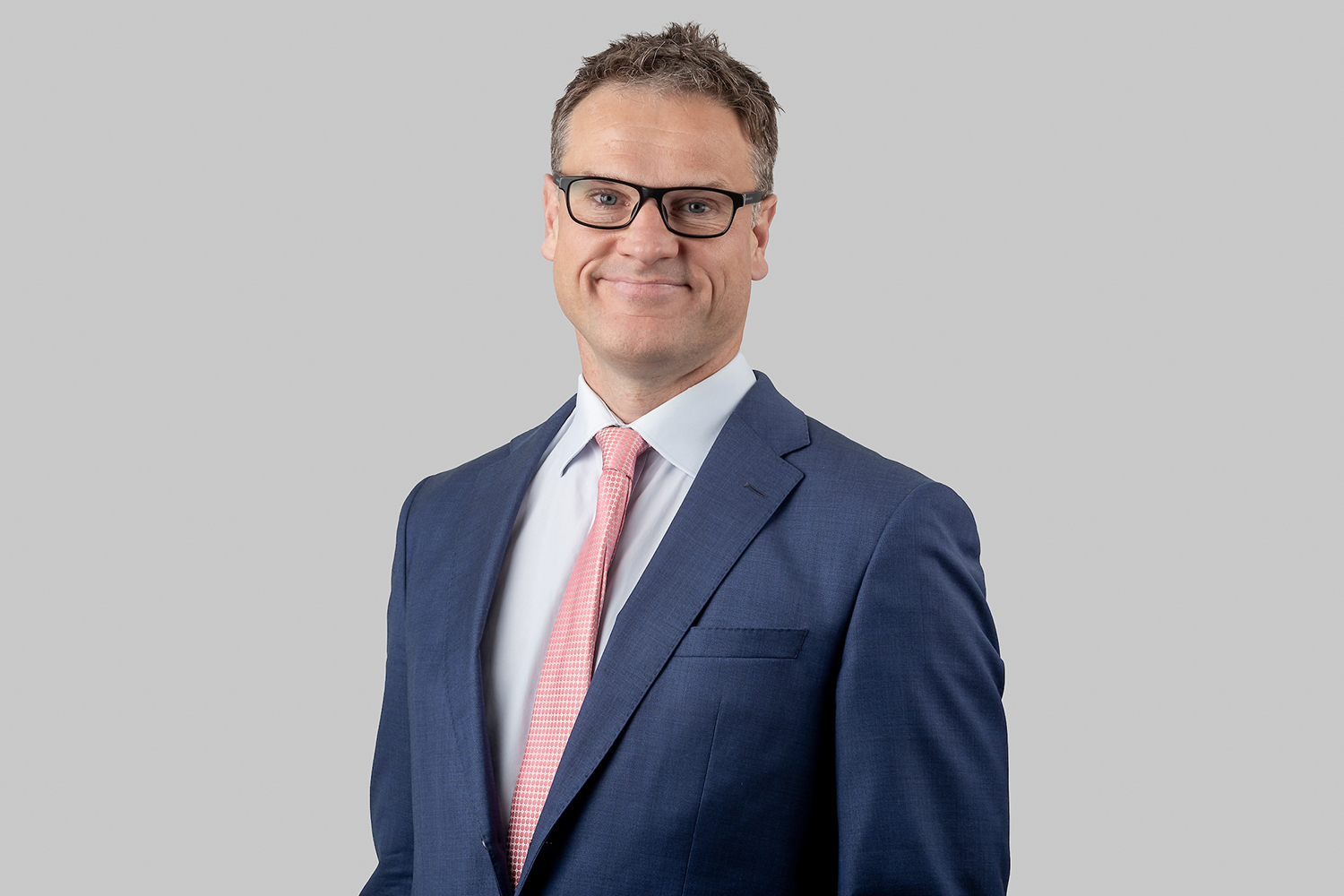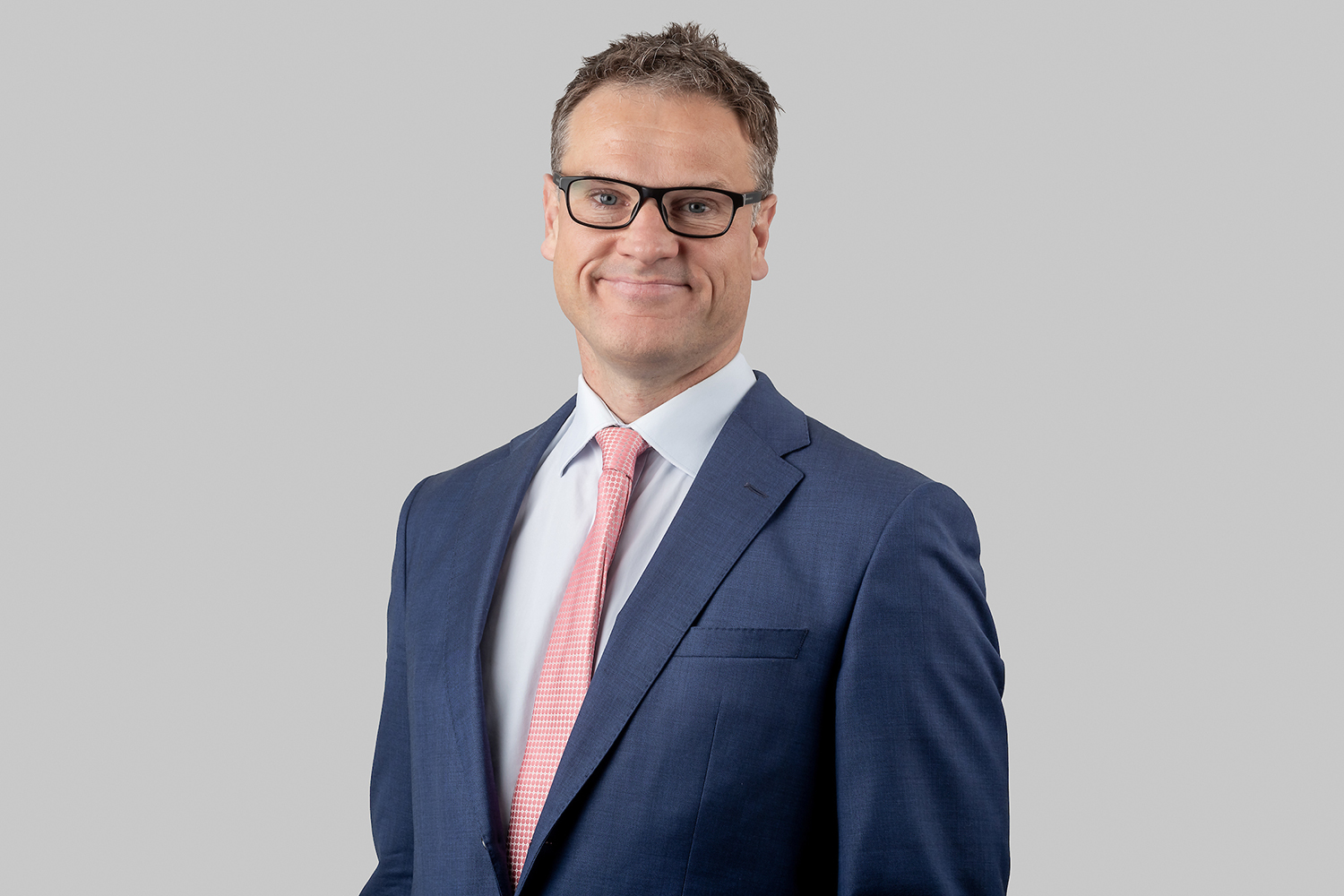
James Campbell
Partner | Legal
Jersey

James Campbell
Partner
Jersey
No Content Set
Exception:
Website.Models.ViewModels.Components.General.Banners.BannerComponentVm
Our global Private Wealth team regularly advises clients on charitable giving and philanthropy. In this interview, Henry Wickham from our Jersey team, Anthony Partridge from our Cayman team, provide insights into the trends they're seeing in private client philanthropy, and how their different jurisdictions enable it.
Excerpts from this interview first appeared in Wealthbriefing.
Henry: Philanthropic causes are increasingly driven by concerns which personally resonate with individuals and to which they feel they can add real value and impact. The Channel Islands are no different. Private clients are not only involved in international projects but want to give back to the local community. The main motivation for such donations is often a sense of duty, with the most popular causes concerning health, education and environment.
There are also clear concerns surrounding recent scandals in the charitable sector. The reputation of some of the more prominent charities has been tarnished and coupled with the perceived administration costs of some of these larger organisations, alternative ways of directly benefitting causes are increasingly being explored.
Anthony: In Cayman, the introduction of the Foundation Company as the new private wealth vehicle has seen greater opportunities for philanthropic giving, and some recent examples have been in the areas of education and health. Having such a flexible model to offer clients has not been available in the past.
Henry: Younger HNW individuals seem to be far more engaged with philanthropy. The sophisticated investor or entrepreneur has often made a great deal of money while they are relatively young and are inspired by the cultural philanthropic strategies seen around the world from, for example, the likes of Mark Zuckerberg and J.K. Rowling.
Equally, for some, creating and maintaining philanthropic structures is a way to educate the next generation about wealth management.
Henry: Inherent in a lot of wealth planning now is a sense of the responsibility that wealth brings. Clients are often seeking advice as to ways they can give their money back but in a way that will involve them as much as possible. As advisors, a large part of our role is listening and helping clients by tailoring structures to allow an active participation in the promotion of the philanthropic causes they are passionate about.
Henry: In addition to more traditional philanthropic structuring we are also using our experience in investment funds, such as private funds, to help clients meet their philanthropic goals. Impact investing is an increasingly popular alternative. Broadly, this is investing which is intended to generate measurable social and environmental impact alongside a financial return. Traditional investment funds function as a collective investment structure and a way for investors to pool their money together and invest in a project, or multiple projects. We are seeing the same type of vehicle being used by a single investor or family to invest in one or more charitable projects.
Anthony: Similarly, Cayman is well positioned for the establishment of large philanthropic structures through a wide variety of options, whether that be a private trust company (PTC), the STAR trust regime (non-charitable purposes trusts), foundation companies or private family funds. Often the structuring involves a combinations of each of these private wealth tools, allowing clients the flexibility to be as much or as little involved as they wish to be.
Henry: Here, it is vital that any governance structures support clients' overall philanthropic purposes. Careful structuring focusing upon communication channels consistent with core values helps manage risk.
The introduction of the Charities Register in May 2018 under the Charities (Jersey) Law 2014 (the Charities Law) presents an exciting opportunity for Jersey to reinforce and develop its status as a centre of excellence for philanthropy both in private wealth management and impact investing. One of the main roles of the Charities Law is to protect public trust and confidence in registered charities. Broadly, it does this by providing a framework by which charities in Jersey are regulated with a Commissioner ultimately overseeing the maintenance of the register and the enforcement of the Charities Law. The Charities Law has an extensive list of charitable purposes including, for example, the advancement of the arts, heritage, culture or science and also the advancement of public participation in sport (which is not currently charitable under Jersey's customary law).
Anthony: While Cayman does not have a Charities Law, the Foundations Companies Law (2017 Revision) has proven very popular in the two years since it was enacted. Once the foundation is incorporated, as a company it has its own legal personality and can transact in its own right, therefore creating privacy for HNW clients.
Henry: Dubai, Moscow, Shanghai and Johannesburg have all proved key philanthropic "hubs" in recent years. As international finance centres, Guernsey and Jersey lend themselves to facilitating philanthropic projects on a global scale, often across multiple jurisdictions.
Anthony: Geographic location can also be a big factor. Cayman plays an important role in philanthropic causes being carried out in the Americas regions.
Henry: An area developing in Jersey is venture philanthropy, which for many high net worth investors is a natural extension of their business activities. Jersey Finance is a member of the European Venture Philanthropy Association and, in addition, to the structures described above, Jersey has various fund, corporate and limited partnership vehicles through to which to make such investments.
Ogier is a professional services firm with the knowledge and expertise to handle the most demanding and complex transactions and provide expert, efficient and cost-effective services to all our clients. We regularly win awards for the quality of our client service, our work and our people.
This client briefing has been prepared for clients and professional associates of Ogier. The information and expressions of opinion which it contains are not intended to be a comprehensive study or to provide legal advice and should not be treated as a substitute for specific advice concerning individual situations.
Regulatory information can be found under Legal Notice
Sign up to receive updates and newsletters from us.
Sign up
No Content Set
Exception:
Website.Models.ViewModels.Blocks.SiteBlocks.CookiePolicySiteBlockVm